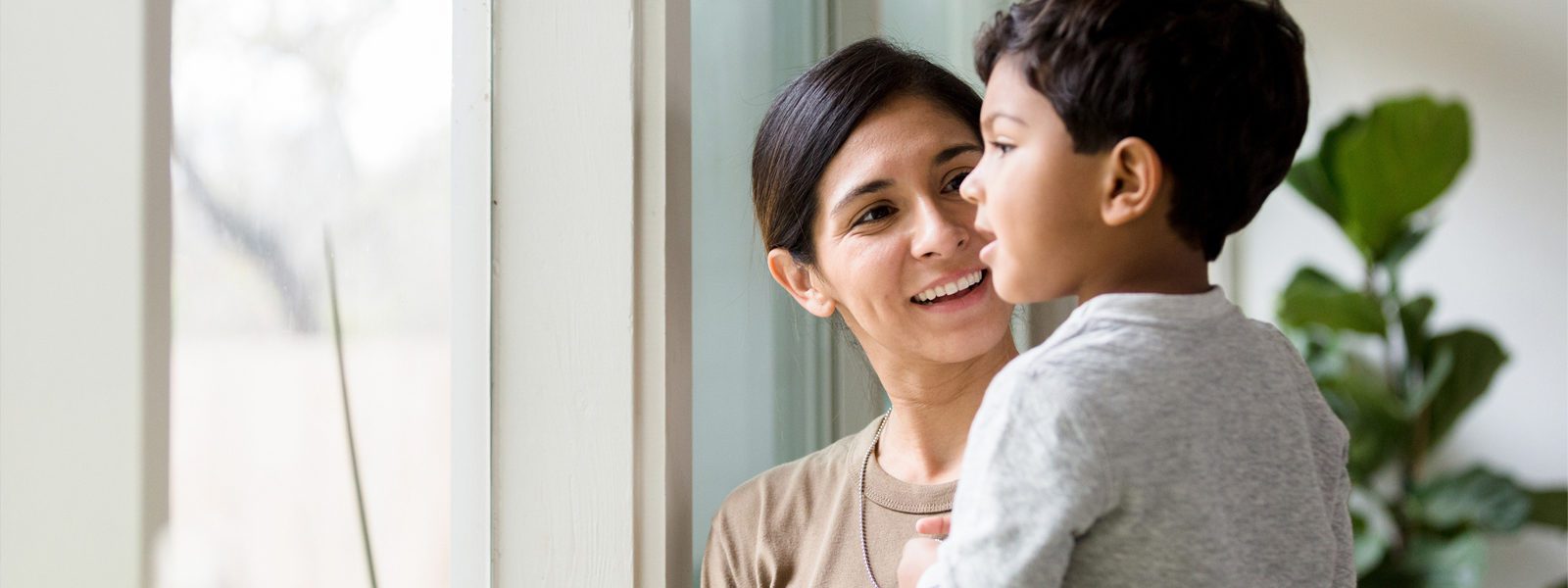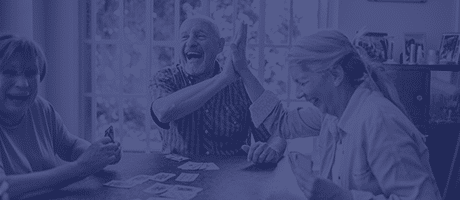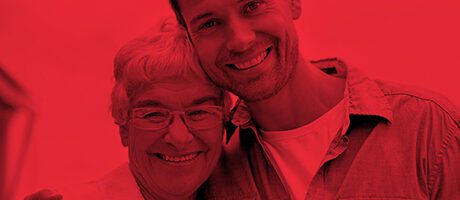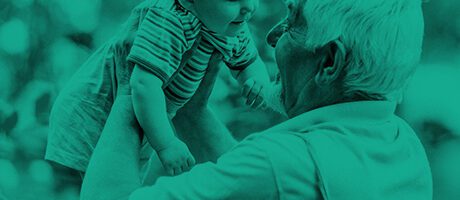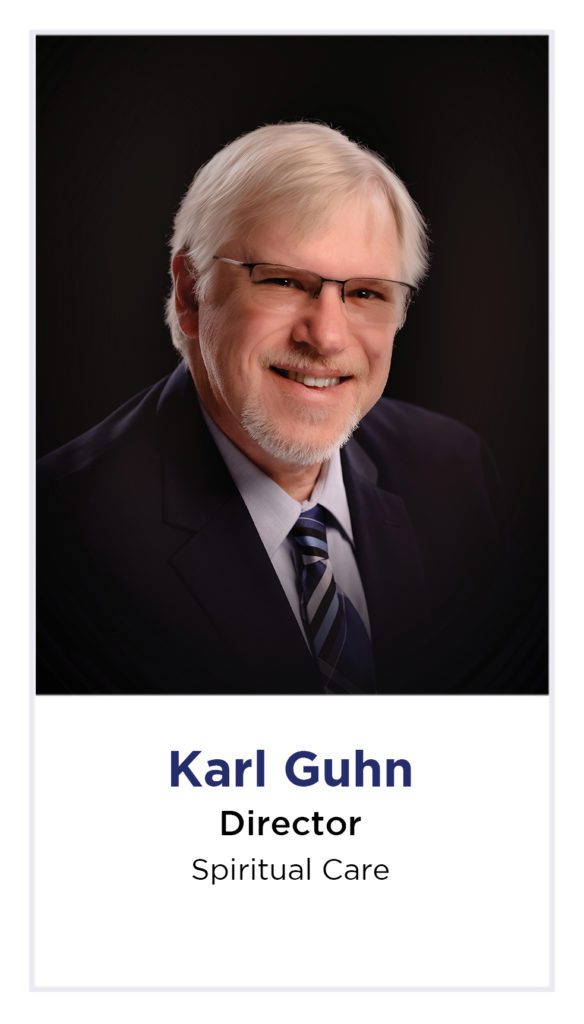
Two weeks ago, I noted how our phones bring back memories from photos we had taken years before. The earliest memories of our lives seem to surface in much the same way. Only these memories come with the caption, “this life, perhaps you remember?” The memories may be pleasant ones, confusing ones, or difficult ones. They may ring with the truth of why our lives are lived the way we live them. A painful memory may reveal why we constantly seek safety and security in our lives. A confusing memory may shed light on why we do not like to take risks. The memories can give us clues into who we are and why we are that way. One such memory, mostly a pleasant one, surfaces for me from time to time. I am 3 or 4 years old. It is a pleasant summer day in New Jersey. My face pressed up against the front screen door. I can smell the mix of metal screen and dust. My mom is standing behind me and we are watching my dad drive off to play golf on a Saturday. “Someday,” I declare, “I’m going to be like Dad and play golf and drive a sports car.”
I know it is Saturday because of the rhythm of our lives. Monday-Friday and he would have been at work. Sunday and we would have been going to church. I know how old I am because he drives off in the blue Sunbeam. He has not traded it on the black MG(b) yet. I laughed as an adult when I bought a VW Golf and that memory returned to me. The memory is a reflection of the way I see life’s promise, hope, and possibilities. I defined myself then in the shadow of my father.
These sorts of things shape our lives. We all have these moments that help define us and reveal something of the truth of our individual self. These memories and moments can help us understand why we react to circumstances in our lives as adults. By owning the memory and a willingness to learn from it, we can grow beyond it and develop new patterns in our lives. The joyous and traumatic experiences of our lives continually give shape to why and how we react the way we do. I recall the sign that declared, “Life is 10% experience and 90% interpretation of that experience.” The shape of a healthy life seeks more balance in those percentages.
Life clearly has been, and continues to be, out of balance. Whether it is the worldwide public health crisis caused by Covid, or drought, heat, and fires caused by climate change; reactivity to all things has increased significantly. We can lose sight of the shape of our memories and the truth they have taught us about ourselves when we react in the ways of division and fear. It is during times like this that I find myself reaching back to that 3 or 4 year old who still lives within me and remind myself of the hopes and dreams I still hold. It helps return balance to my life. Within that balance, I am able to re-grasp my adult values of care for neighbor and self that lead me out of reactivity and into relationship once again.
Peace,
Karl
